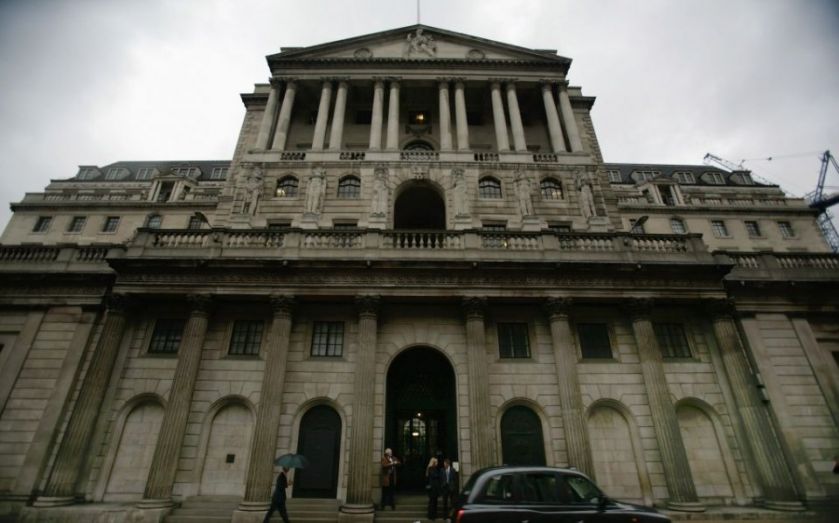Bank of England’s Minouche Shafik: Interest rate rise likely despite low inflation

The Bank of England's deputy governor Minouche Shafik has said that interest rates will rise, rather than fall, despite official data released yesterday showing prices had failed to grow at all in February.
Shafik said the bank should not cut interest rates further in response to the current bout of low inflation, which is being driven by temporary factors such as tumbling global oil prices as well as a strong sterling.
"The monetary policy committee has rightly said we shouldn’t change interest rates in response to something that is temporary," Shafik said in an interview with Kent Business.
Britain's consumer price index fell to zero in the month to February, or down from 0.3 per cent a month earlier. This was also the first time it slid to zero in its 25-year history.
However, Shafik said low inflation will be temporary, as it's being driven by oil prices and a strong sterling.
Inflation is below the two per cent target we are meant to have achieved but the real drivers behind that are temporary and mainly external. It is mainly about import prices and the sharp drop in the price of oil as well as the effects of sterling's appreciation in the past.
Oil prices slumped to just $45 per barrel in January, down around 60 per cent from last year's peak of $106. They staged a brief rally at the start of this year, but this came to a halt as oversupply concerns resurfaced.
The pound hit a seven-year high against the euro earlier this month, as central bank policy divergences. Britain is expected to tighten monetary policy at the start of 2016, as Europe starts to ease.
The European Central Bank (ECB) recently began its €1.1 trillion (£0.81 trillion) bond buying programme. It's hoped it will ward off a prolonged period of deflation, and kickstart growth in the ailing region.
Last week the Bank of England's chief economist Andrew Haldane surprised markets by saying the chances of a rate rise or cut "are broadly evenly balanced".
In other words, my view would be that policy may need to move off either foot in the immediate period ahead, depending on which way risks break," he said.